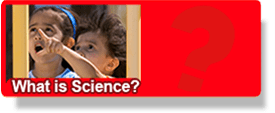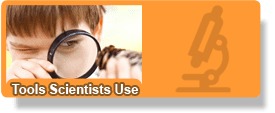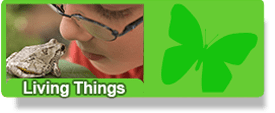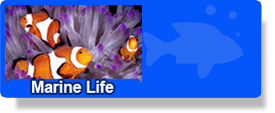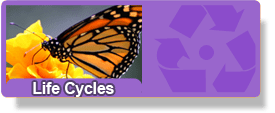About the Scientific Literacy Project
The Scientific Literacy Project evolved out of the researchers’ interests in science education, children’s early development and learning, and classroom environments that support shared understandings of the importance of scientific literacy through linkages between home and school. With funding from the Institute of Education Sciences, U.S. Department of Education, Drs. Mantzicopoulos, Patrick, and Samarapungavan, professors of educational psychology in the College of Education at Purdue University, collaborated with public kindergarten teachers to develop the SLP curriculum, which integrates scientific inquiry and literacy.
Over a 3-year period, from 2005–2008, the researchers worked with a number of kindergarten teachers in Indiana to help them implement a series of science units in their classrooms. In 2005 the project was piloted in two schools in central Indiana. Five kindergarten teachers in six different classrooms used the SLP curriculum, provided feedback, and helped shape the inquiry and literacy activities. Three SLP classrooms began with the pilot of a 5-week unit on living things and the life cycle of the monarch butterfly in one school. In a second school, a 10-week unit on living things and marine life was piloted in two classrooms.
In Year 2 the researchers piloted six units and developed the home component of the project. Finally, in the third year of the project the researchers piloted the full classroom component in seven classrooms across two schools. In one of these two schools, 60 families from two classrooms were also involved in the project. For comparison purposes, data were also collected from kindergartens in two schools that simply implemented the regular kindergarten curriculum without the added SLP activities.
Science Learning Units
Structured on the premise that young children can effectively acquire scientific knowledge through adult-guided inquiry, interaction with other pupils in the classroom, and the continuity of home-based study, the SLP program provides learning contexts which allow children to experience the scientific process in a hands-on, meaningful way. The program includes six content-rich study units on a broad range of science topics.

